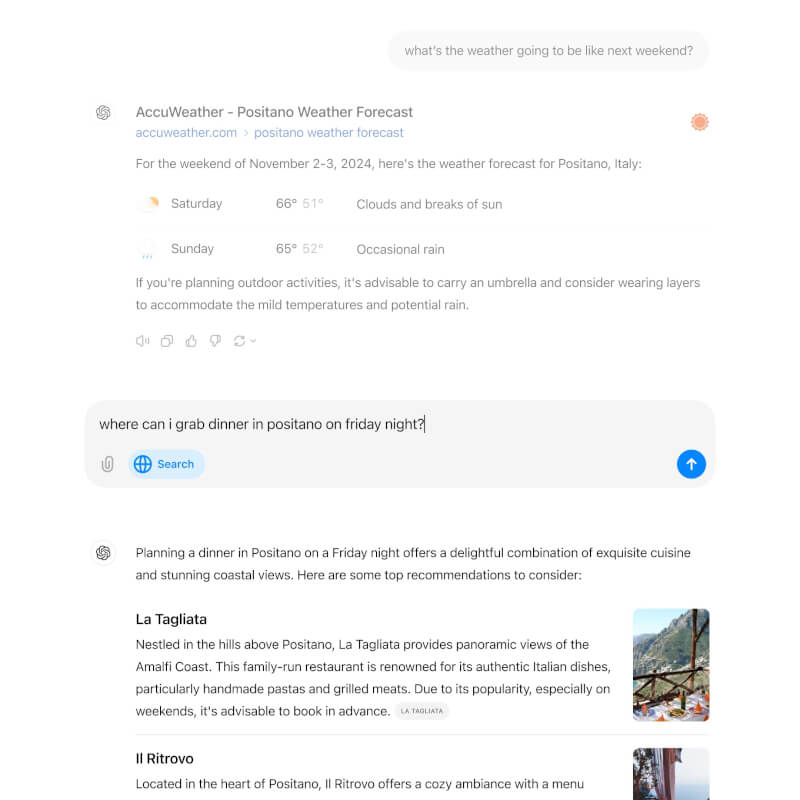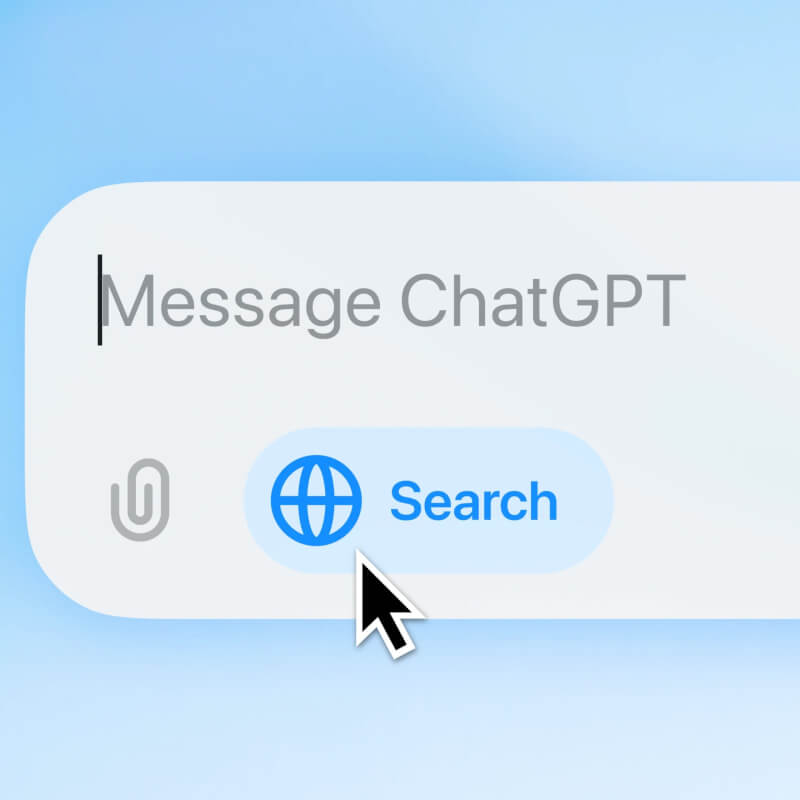Two years ago, OpenAI introduced the world to its mainstream AI chatbot, ChatGPT. In 2024, the multi-billion-dollar AI startup has introduced the world to the next generation of search engines. ChatGPT search ushers in the age of AI-powered web browsing.
search is my favorite feature we have launched in chatgpt since the original the launch!
it has probably doubled my usage over the past few weeks. https://t.co/alD11AwUUb
— Sam Altman (@sama) October 31, 2024
In an official blog post on Thursday, OpenAI debuted ChatGPT search to all ChatGPT Plus and Team users and waitlisted SearchGPT users. The AI-powered search engine is set to roll out to Enterprise, Edu, and free users in the next few months. In the same post, the AI startup provided key details on its new search engine. The search model is a finely tuned version of GPT-4o, post-trained using novel synthetic data generation techniques, including distilling outputs from OpenAI o1-preview.
ChatGPT search leverages third-party search providers and content provided directly by partners to provide information users are looking for. Throughout 2024, OpenAI struck strategic partnerships with the new industry to provide diverse fodder for its newly launched search engine. Its global publisher partners include the likes of Associated Press, Axel Springer, Condé Nast, Financial Times, and The Atlantic, among others.

Image Credits: OpenAI
Using ChatGPT search, OpenAI aims to improve results for “shopping and travel” prompts while leveraging the reasoning capabilities of the OpenAI o1 series to perform deeper research. This push toward capturing the web browsing market share aligns with OpenAI CEO Sam Altman’s ambition to “grow the company into an internet behemoth.”
An AI-powered search engine aims to overcome a characteristic flaw in the AI chatbot status quo. Since the dawn of AI chatbots like ChatGPT and Anthropic’s Claude, each of these has faced limitations due to outdated information cutoff dates for their responses.





